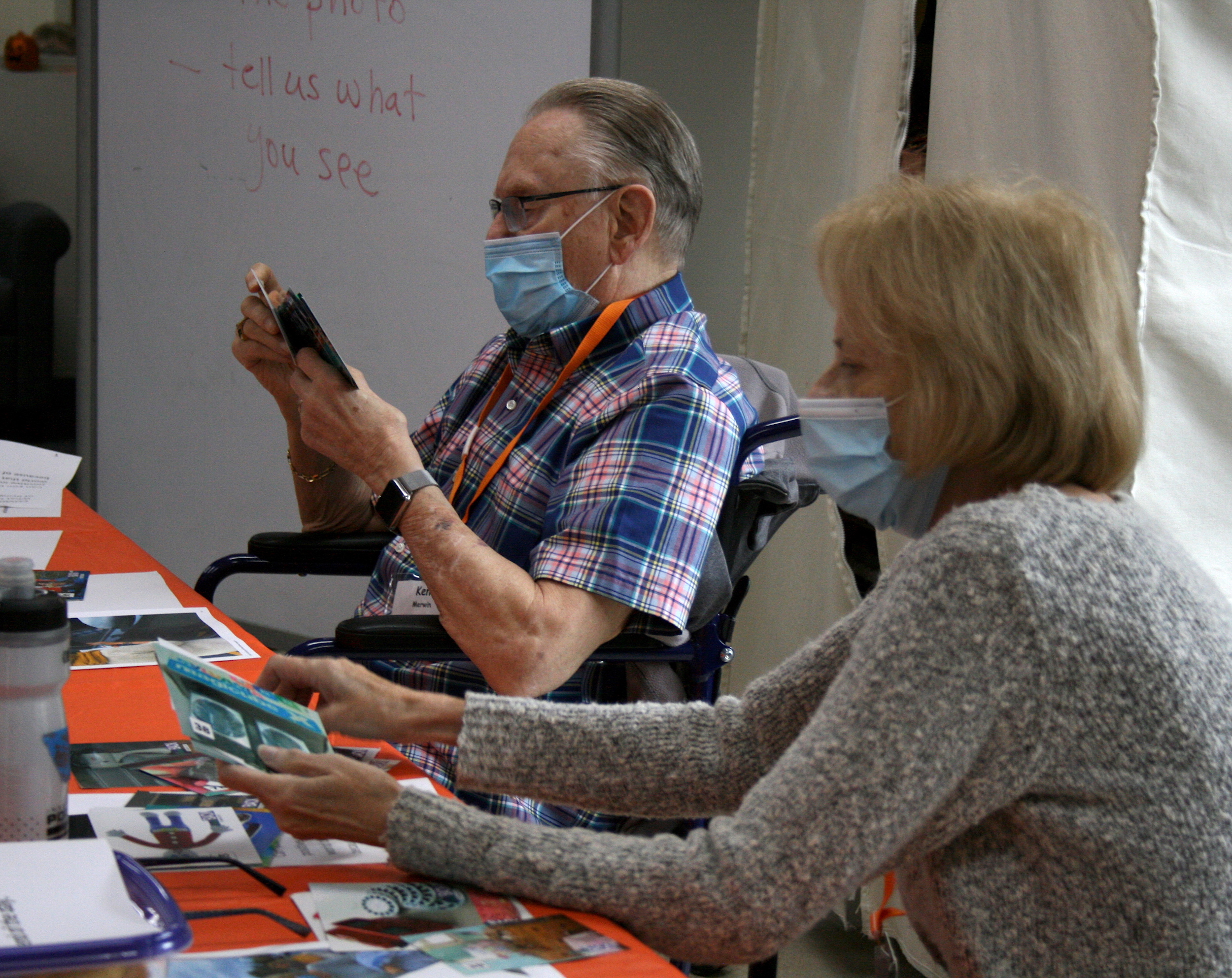Dementia Care: CMS Launches the GUIDE Model for HCBS to Improve Dementia Support at Home
As of July 31, 2023, The Centers for Medicare and Medicaid Center for Innovation (CMS) announced a new payment model designed to promote care and support for people with traditional Medicare insurance or dually eligible for Medicare and Medicaid living with dementia in the community.


.jpeg)


.jpg)

